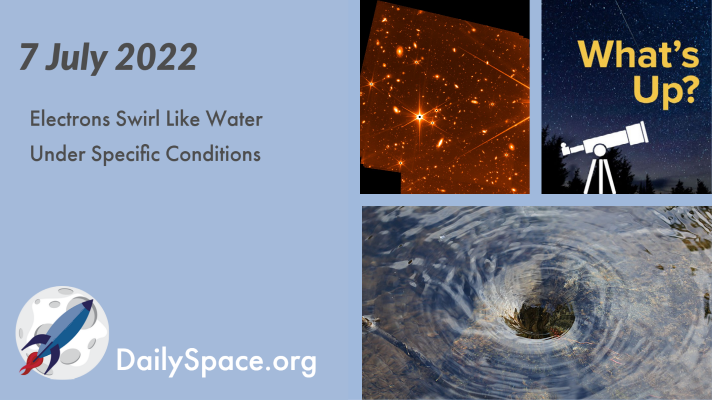
Jul 8, 2022 | Daily Space, Dark Matter, JWST, Moon, Observatories, Physics, Science, SETI, Sky Watching, Spacecraft, The Sun
Using etched tungsten ditelluride at nearly absolute zero, scientists have observed electrons swirling around like whirlpools, behaving as a fluid. The methods could be used to design low-energy devices. Plus, eavesdropping on aliens, machine learning on solar data, and some new observatories are in the works.
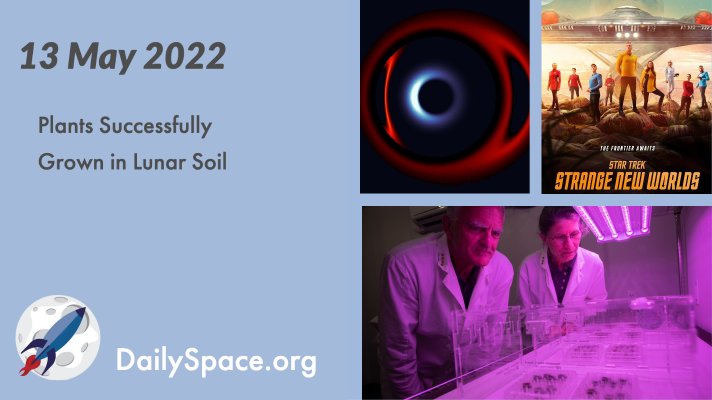
May 16, 2022 | Astrobiology, Daily Space, Earth, Exoplanets, Kepler, Mars, Moon, Review, Supermassive Black Holes, Supernovae, Zhurong
Using a mere twelve grams of lunar soil returned by the Apollo missions, scientists have successfully grown plants in the lab. With a wealth of genetic data on hand, they can now analyze the changes to the plants and the soil. Plus, stellar cannibalism, a black hole merger, brown dwarfs, water on Mars, and a review of “Star Trek: Strange New Worlds”.
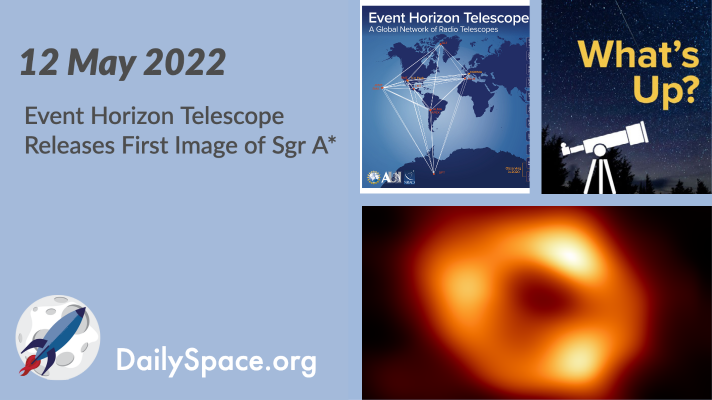
May 13, 2022 | Daily Space, Milky Way, Observatories, Sky Watching, Supermassive Black Holes
In an early morning announcement, the Event Horizon Telescope collaboration finally revealed their first image of Sgr A*, the black hole at the center of the Milky Way galaxy. We have a special episode entirely about this amazing new image and the science behind it. And this week’s What’s Up is a total lunar eclipse.
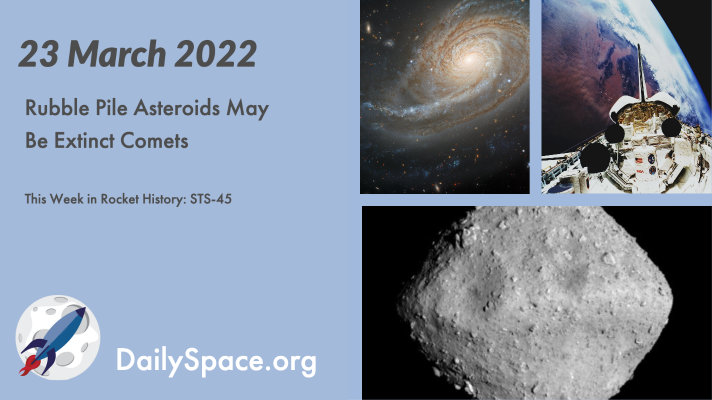
Mar 24, 2022 | Asteroids, Cassini, Crewed Space, Daily Space, Galaxies, Gemini North, JAXA, Random Space Fact, Rockets, Saturn, Science, Space History, Spacecraft
After detecting high levels of organic matter using remote sensors at the asteroid Ryugu, numerical models show that it’s possible that rubble pile asteroids are actually extinct comets. Plus, the Cosmic Optical Background, Enceladus’s tiger stripes, and this week in rocket history, we look back at STS-45.
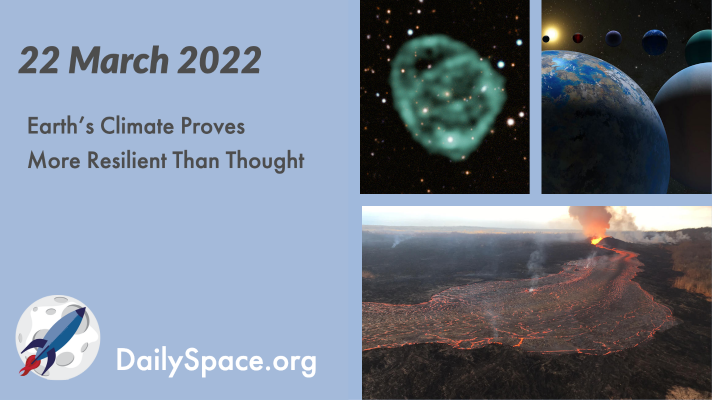
Mar 23, 2022 | Climate Change, Daily Space, Earth, Exoplanets, Galaxies, Mercury, Moon, Observatories, Space Policy, SpaceX, Spitzer
Computer models of the effects of an eruption event similar to the Columbia River Flood Basalt show that, despite massive injections of sulfur dioxide into the atmosphere, Earth’s climate rebounded much more quickly than expected. Plus, ORCs, lunar swirls, exoplanets, and diamonds.
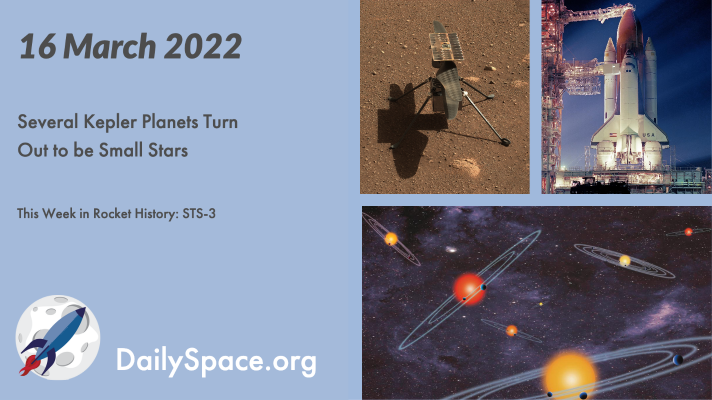
Mar 17, 2022 | Astrobiology, Climate Change, Crewed Space, Daily Space, Earth, Exoplanets, Kepler, Mars, Random Space Fact, Rockets, Soyuz, Space History, Spacecraft, Stars
Using updated stellar measurements based on new data from the Gaia mission, three (and possibly four) Kepler exoplanets are actually small stars, but it’s unlikely new calculations will reveal many more such issues. Plus, Ingenuity, astronauts, permafrost, and This Week in Rocket History, we look back at STS-3 and the first use of the Canadarm.








 We record most shows live, on Twitch. Follow us today to get alerts when we go live.
We record most shows live, on Twitch. Follow us today to get alerts when we go live.